5 Digital Courses to Enrich Kids’ Education
- Bing Han
- Apr 23, 2023
- 4 min read
Updated: May 13, 2023
Digitalization has become a must in our daily life. We enjoy the convenience brought by digital tools, and they have gradually changed our lives. Meanwhile, it is constantly influencing the young generation. Adopting an appropriate digital education for kids fits society’s demands and allows them to master more skills with digital tools.
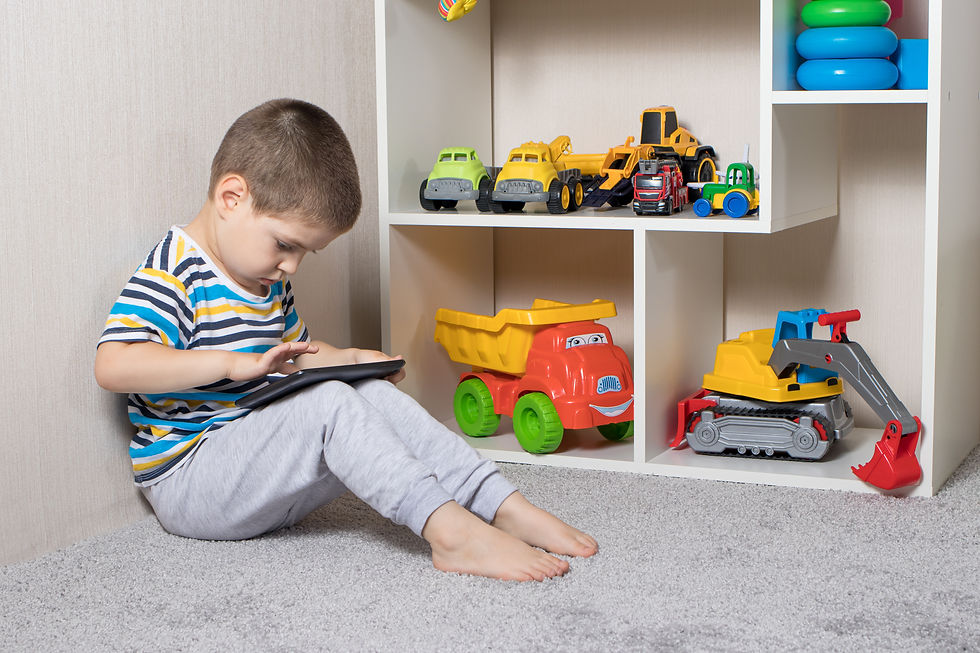
According to the recommendations (Link) of the National Association for the Education of Young Children (NAEYC) in the USA, during the preschool period, young children are developing a sense of initiative and creativity. They are curious about the world around them and about learning. They are exploring their ability to create and communicate through creative movement, singing, dancing, and using their bodies to represent ideas. Digital technologies provide one more outlet for them to demonstrate their creativity and learning. Therefore, professional digital education courses can help them to express themselves better through different tools.
Dadi Education summarized the trending five digital courses for preschoolers, kindergartners, and school-age children.
Coding Course
There has been an increasing demand to use digital devices and software in daily work. It requires people to have a deeper understanding of computational thinking. Coding courses, such as Python and C++, can help kids to master computational thinking and develop logical thinking skills.

However, they are too young to learn coding. So, we can start entry-level coding education based on their interests. For example, we can provide kids with LEGO robot coding and programming toys (Link) through the "toys + learning" method. It combines robot hardware building and software programming. Kids assemble the blocks and make the robot perform certain actions through programming. It can exercise children's hands-on ability and enhance their logical thinking and programming skills to make the robot move.
Digital Music Course
We must admit that learning music is challenging for kids, and they need professional guidance. Digital tools give them help. NAEYC suggests allowing children to freely explore touch screens loaded with a wide variety of developmentally appropriate interactive media experiences to build up their music literacy (Link).
Digital music courses can better help them to interact with music on the touch screen, improving their music theory and sense of rhythm. In order to better learn music digitally and professionally, Dadi Education launched "iFunNote" (Link), an AI smart piano music literacy course with interactive and funny animations. It includes score reading, sight-singing, listening, rhythm, and music theory. In addition, the system can intelligently analyze the children's learning process and share the results with parents in time.
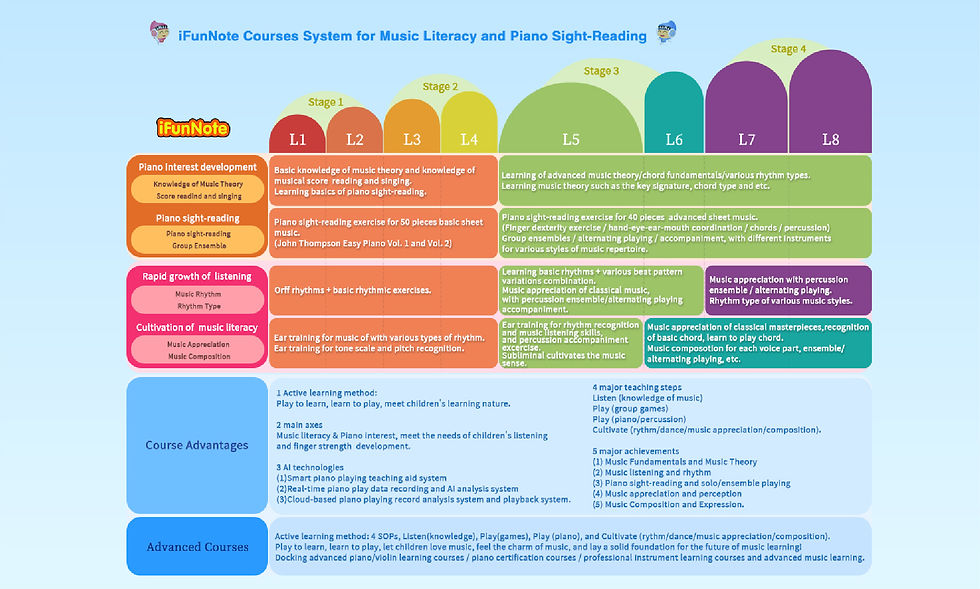
Digital Language Course
Language education is crucial to kids, and making full use of digital tools can achieve more results with less effort. Given that they love cartoons, applying digital animation in language teaching can better attract their interests and enhance their studying progress. For example, in learning Chinese characters, digital tools can display the character "horse" with cartoon images, which is convenient for children to understand.
Further, children can practice writing and spelling Chinese characters through digital tools. AI can communicate with kids in different scenarios. The system can interact with them based on their skills, so children can better understand the language and improve step by step.
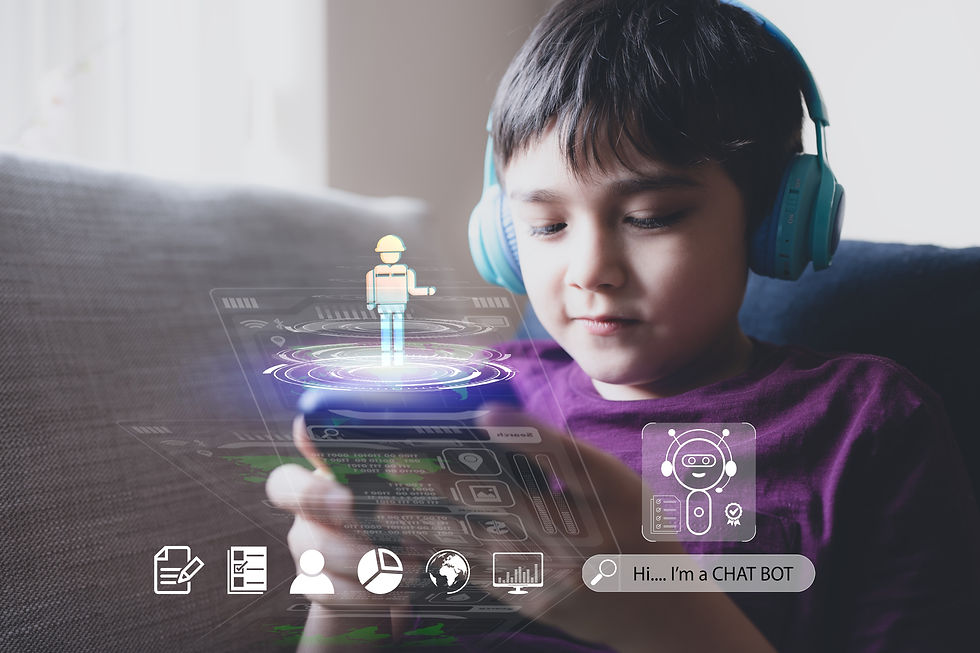
Digital Dance Course
Digital dance courses provide a more fun way to improve children's dance interests. Professional dance teaching content can be embedded in digital courses, and children can easily access various resources. Further, with VR technology, digital courses would be more suitable for their physical activity, and their dance movements can be corrected through the system.
Digital dance course integrates dance teaching into entertainment. While cultivating interests and hobbies, it also improves kids’ sense of dance rhythm and physical coordination. For example, the dance game “Just Dance” (Link) can use somatosensory technology to allow children to dance with teaching animations on the screen. Kids can easily follow to perform simple dance movements, then experience the fun of dancing and practice their bodies.
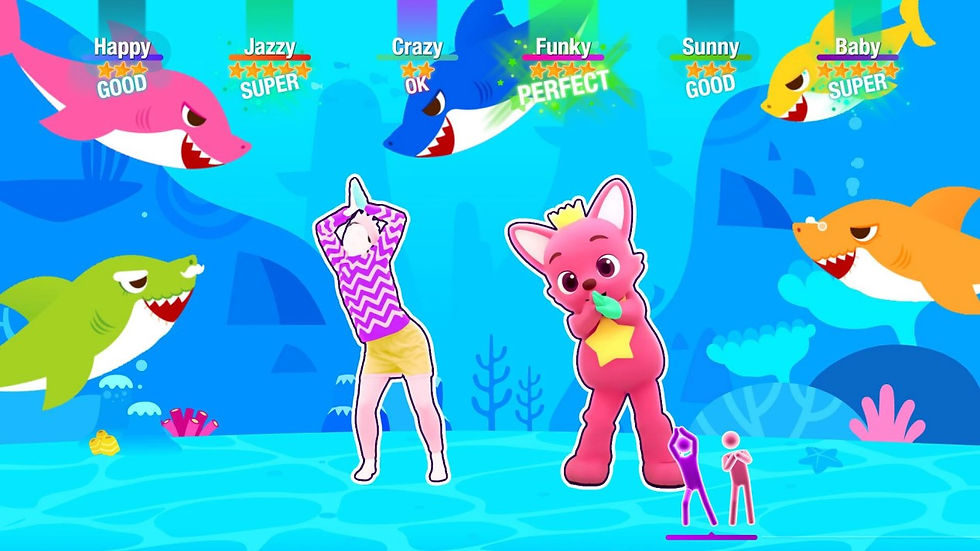
Source: UBISOFT Just Dance 2020
Digital Physical Course
The combination of physical exercise and digitalization is more conducive to improving kids’ health. The digital physical course has two benefits: 1) More convenient teaching method. Children can conduct sports training at home through various videos and motion sensors. At the same time, the motion sensors can also monitor children's physical indicators in real time, so they can get professional training guidance more easily, and 2) Richer sports content. Digital sports virtualize various physical sports, and children can experience multiple sports easily.
For example, the "Nintendo Switch Sports" (Link) allows users to experience outdoor sports, including tennis, football, volleyball, and golf, through somatosensory means. Kids can take corresponding actions according to the guidance and exercise various sports while improving their physical condition.
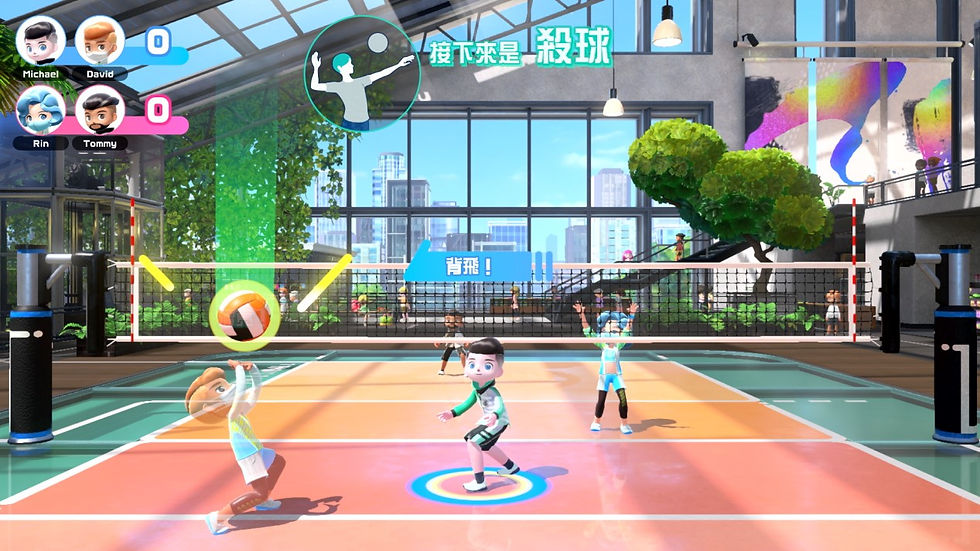
Source: Nintendo Switch Sports
Digital education provides kids various ways and covers all aspects of their growth. In their early childhood education, Dadi Education makes full use of digital tools to enable them to master skills better and to improve their physical health. Our professional teaching teachers, with rich digital backgrounds, can professionally provide guidance. In particular, with the professional AI smart piano music literacy course iFunNote, we can better improve their music literacy, allowing them to discover the beauty of music through the latest technology.
Developed for Dadi Education and written by Union Communications.





Comments